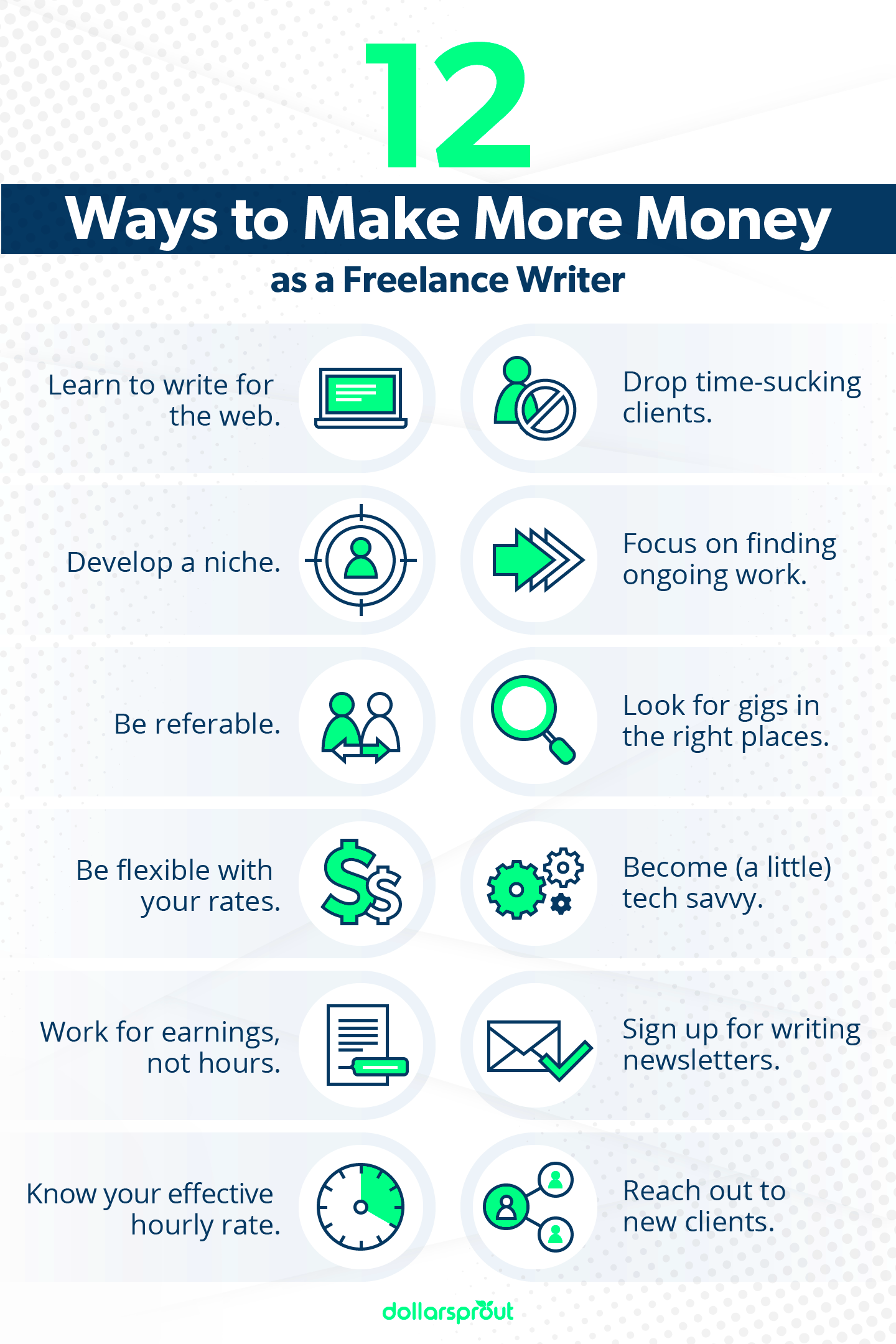Freelancing requires one to realize their place within the industry’s fad. When I began initially, I was quick to lower my price believing I lacked adequate competence. However, with time and experience alongside positive reactions from customers made me notice that every single thing I did made me grow more. The distinct viewpoint that you incorporate into your job is what makes people different; and this is not only founded on the expert knowledge you possess.
Begin with assessing this:
- Skills and Expertise: What are you best at? Consider both your hard and soft skills.
- Experience: How long have you been working in your field? More experience usually equates to more value.
- Client Satisfaction: Happy clients are often the best testament to your skills. Their testimonials can significantly boost your perceived value.
Knowing your worth helps you approach customers with self-assurance hence making it easier for you to talk about the prices that are commensurate with what you offer.
Research Industry Rates for Your Skills

It is important to know the charges of others in your field. Before I began freelancing, I imagined that pricing was merely a game of chance. Nevertheless, through some exploration, I came across websites and discussion boards that help freelancers communicate their pricing. You can achieve this by:
- Online Freelance Marketplaces: Websites like Fiverr and Upwork often display typical rates for different services.
- Industry Reports: Look for annual reports that provide insights into freelancer earnings.
- Networking: Talk to fellow freelancers in your network. Sometimes, a simple chat can reveal valuable information.
Having this information, you will be able to charge in a way that is competitive and yet still shows the value of your experience.
Also Read This: How to Start as a Freelance Animator
Build a Strong Portfolio to Showcase Your Work

A freelancer’s business card happens to be their portfolio and it is not merely an assortment of tasks rather it reflects the story of how far you have come. Initially, when I started out, I did not regard my portfolio as anything important but over time after sharpening my abilities, I found out its crucial role in luring potential customers. Following are some recommendations to assist one in developing a good collection of works:
- Quality Over Quantity: Choose your best work to showcase. A few stellar pieces are better than many mediocre ones.
- Diverse Projects: Include a range of projects that highlight different skills and styles. This shows your versatility.
- Personal Projects: If you're starting, don’t hesitate to include personal projects. They can demonstrate your passion and creativity.
Consider utilizing websites such as Behance or establishing your own personal site to showcase your creations. Be reminded that an expertly designed portfolio narrates more than what you can say and will certainly differentiate you from others in the field.
Also Read This: How to Make Money Quickly on Fiverr
Communicate Clearly with Clients About Your Needs

The foundation that sustains any triumphant freelancing relationship is effective communication. I recall a moment I was hesitant to openly articulate my needs to a client for fear of hurting their feelings. This instead led to asuch misunderstandings and frustrations on both ends. Eventually, I discovered that being honest regarding your requirements fosters trust and encourages working together.
The following are essential points to consider while dealing with clients at length.
- Be Honest: Share your expectations regarding payment, timelines, and project scope. Clients appreciate transparency.
- Listen Actively: Pay attention to your client’s needs and concerns. This helps in crafting a more tailored approach.
- Use Clear Language: Avoid jargon or overly technical terms. Speak in a way that’s easy to understand.
Equally, do not hold back from questioning. When in doubt about something, it is a good idea to clarify before making any assumptions. This will help in developing deeper understanding and subsequently be able to improve their working relationship.
Also Read This: Is Fiverr a Good Long Term Investment?
Use Testimonials to Support Your Request

As a freelancer, one of the most potent weapons at your disposal are testimonials. I used to make a case for my prices with the aid of comments from past customers who appreciated what I was doing; this made me feel like having some kind of invisible shield that fortifies my self-worth. These commendations serve as social evidence which people seek after when they want to hire someone.
</br>This is because every buyer wants to be assured about who can really provide them with quality services.
When gathering as well as presenting testimonials one should take into account the following:
- Collect Feedback: After completing a project, ask clients for their thoughts. Most are happy to provide a few words.
- Showcase Specifics: Highlight particular results or experiences. For example, “Thanks to [Your Name], our project increased engagement by 30%!” sounds much more convincing than generic praise.
- Display Prominently: Feature testimonials on your website or portfolio. They should be easy to find and read.
In a situation where you can display testimonials with prices, it means that you are bringing your worth rather than focusing on pure figures.
Also Read This: Niche Scraper vs. Sell the Trend: E-commerce Tool Face-Off
Practice Negotiation Techniques Before Asking
What is more, negotiating is a little bit scary especially If one is not used to fighting for their own self-interests. My first negotiation will always remain in my memory; I went blank and ended up accepting a ridiculously low pay. However, through experience, I have come to realize that it takes preparation. The practice of negotiation techniques can aid in tackling those conversations confidently.
These are certain strategies that can effectively be used:
- Role-Play: Practice with a friend or mentor. Simulating the conversation can help you feel more at ease.
- Know Your Bottom Line: Decide beforehand what your minimum acceptable rate is, and don’t go below it.
- Use "I" Statements: Frame your needs personally. For example, “I would feel comfortable with this rate given my experience and the value I provide” can make a difference.
Improve negotiation skills that increase your chances of getting a desired rate should be done in order to gain empowerment throughout other domains of your freelance job.
Also Read This: 5 Best Fiverr Image Creating Software: Discover the Top Picks
Know When to Walk Away from a Project
A freelancer’s guide to resigning from a job involves several challenges. So I was stuck on that project and began to feel significantly used up. The payer made my life easier without addressing my needs or problems at all. Finally, there are instances when letting go is preferable rather than clinging upon anything that does not make sense for a person’s life. Leaving such things behind isn’t failure; rather this act signifies someone who values his or her own time and capabilities.
You might want to say goodbye when you notice these indications:
- Unreasonable Demands: If the client constantly changes the scope or makes last-minute requests without additional compensation, it's a red flag.
- Low Payment: If the compensation doesn’t match your expertise or the workload, consider if it’s worth your time.
- Toxic Environment: A disrespectful or uncommunicative client can make your work life miserable. Trust your instincts!
It can be terrifying to walk away but usually it’s better for the body and soul. Your free time will consequently go into supporting businesses which reflects your actual values thereby enabling you to become a better freelancer.
Also Read This: Why Won’t Fiverr Verify My Phone Number?
Frequently Asked Questions
Being a freelancer, there might be numerous things asking for your attention in your mind. Here are few changes that most of newly engaged freelancers are often worried about:
- How do I determine my rates? Research industry standards and consider your experience and the complexity of the work. Don’t undersell yourself!
- What if a client refuses to pay my rate? Stand firm on your worth. If they can’t meet your rates, it might be time to look for clients who appreciate your skills.
- How can I improve my negotiation skills? Practice role-playing scenarios with friends or mentors. Familiarity breeds confidence.
- Should I take on low-paying jobs to build my portfolio? Only if you genuinely believe it will lead to better opportunities. Be selective to avoid being stuck in a cycle of low pay.
These inquiries can aid in your efforts to confidently and positively approach the world of freelancing.
Conclusion
A thrilling and stimulating venture with both excitement and distress. Equipping yourself with your worth, articulating appropriately and knowing when to say no are the significant clauses that will give you the power to develop a successful profession. Growth comes from every encounter one has been through either positively or negatively. The point is, it’s not always about cash; it’s making a satisfying workplace that fits into your ambitions as well as principles.
Time will always tell, and this is just a moment that you are passing through before you get to the next stage of your life. Anything can happen even at the gutter, so why not try it now? Let me remind you again that nobody’s journey is the same as yours. It’s only by appreciating your value that opportunities seek after you. Keep it real, and everything else will be added unto you!




